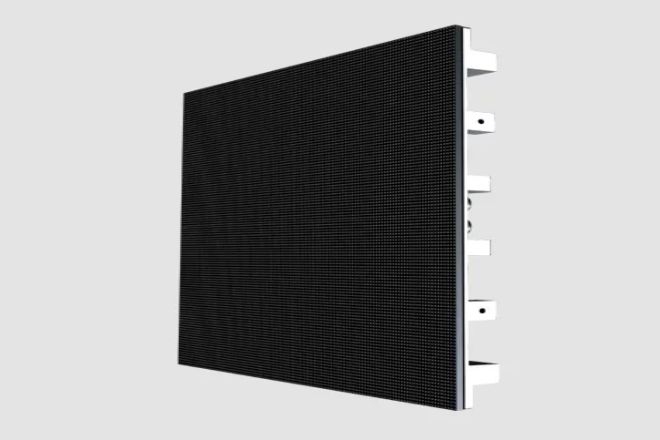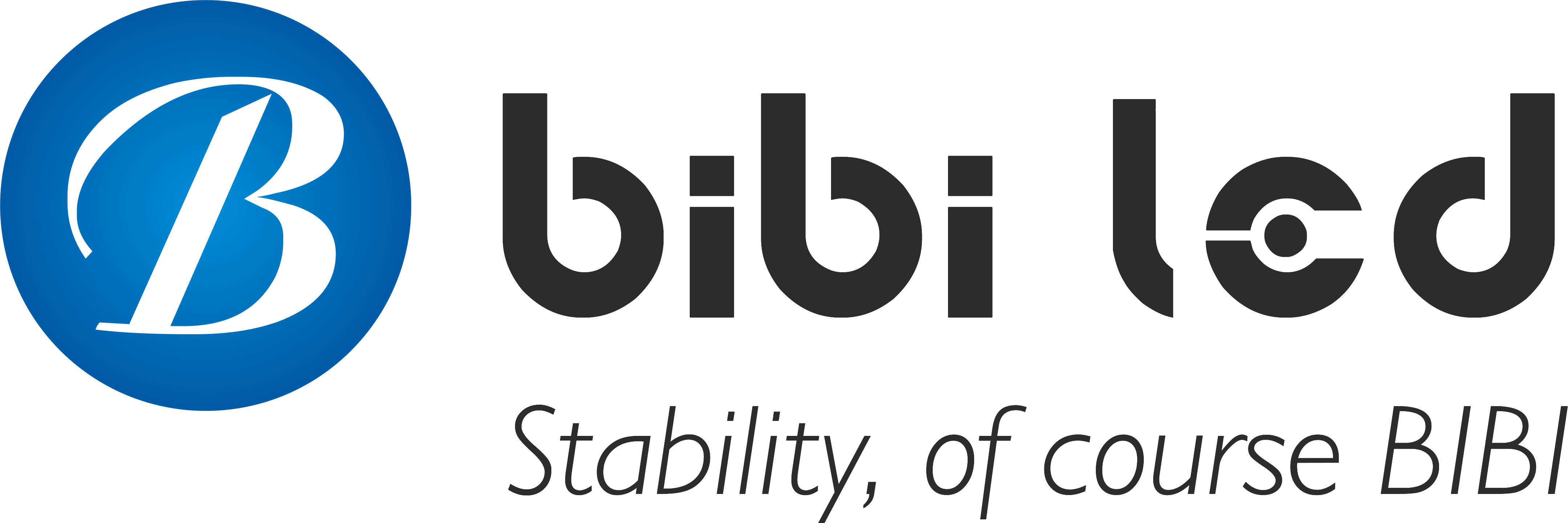مقدمة

In international trade, whether it is شاشات عرض LED or other goods, they need to pay corresponding taxes when passing through customs. These taxes vary from country to country and from good to good. However, in certain specific cases, LED display screens can be exempted from or exempted from some taxes. So, under what circumstances can LED display screens be exempted from or exempted from some taxes?
1. Basic tax situation of LED display screens
If you purchase a foreign LED display screen and plan to import it into your country, the taxes you need to pay usually include the following aspects:
- Tariffs (Import Duty):
Tariffs are a type of Tax that imported goods need to pay when passing through customs. The tax rate depends on the type of goods, the country of origin, and the relevant regulations of the importing country.
For LED display screens, the specific tariff rate varies depending on the product classification and commodity code. For example, in some cases, LED display screens may be classified as “displays and display devices” under “item 8528”. At this time, the most-favored-nation tariff rate that may apply may be 0%, but the specific tariff rate needs to be determined according to the commodity code and the regulations of the importing country.
- Value-Added Tax (VAT):
Value-added Tax is a tax imposed on the added value of goods and services during production and circulation.
VAT is usually required for imported LED displays. Generally speaking, the VAT rate for LCD displays (panels) is 13%, but the specific tax rate may vary depending on the type of product and the regulations of the importing country.
- Other taxes and fees:
In addition to tariffs and VAT, other taxes and fees may also be involved, such as consumption tax, environmental protection tax, port fees, storage fees, etc. These fees vary depending on the importing country and specific circumstances.
2. Scenario analysis of tax exemption for LED displays

LED displays can be exempted or reduced from some taxes and fees in the following specific circumstances:
- Export tax rebate policy
Many countries have implemented export tax rebate policies to encourage exports. As a high-tech product, LED displays often enjoy a higher export tax rebate ratio. The specific tax rebate ratio varies from country to country, but it can usually significantly reduce the export costs of LED display companies and improve their international competitiveness.
- Tax-free policy in free trade zones
In free trade zones, LED display companies can enjoy tax-free policies. This usually means that LED display screens do not need to pay taxes and fees in the production, processing, and sales of free trade zones.
For example, some free trade zones exempt LED display screen companies in the zone from import tariffs and value-added Tax, thereby attracting a large number of LED display screen companies to settle in.
- Tax incentives for energy-saving and environmentally friendly products
In order to encourage the development of energy-saving and environmentally friendly industries, some countries have implemented tax incentives for energy-saving and environmentally friendly products such as LED display screens.
Specific preferential measures include exemption from import tariffs and value-added Tax or certain subsidies for consumers who purchase energy-saving and environmentally friendly products. This helps promote the market promotion and industrial development of energy-saving and environmentally friendly products such as LED display screens.
- Tax exemption policies for specific industries or regions
In order to support the development of specific industries or regions, some countries have implemented tax exemption policies for LED display screens. These policies are usually aimed at LED display screen companies that produce or invest in the country, such as exemption from value-added Tax and consumption tax.
At the same time, in order to encourage the development of certain regions, certain tax incentives may also be given to LED display screen companies invested and established in the region.
- Tax exemption policies for specific purposes or projects
In some cases, LED display screens may be used for specific purposes or projects, such as government public facilities, non-profit organizations, etc. For these purposes or projects, some countries may provide tax exemption or tax reduction policies to support the development of related businesses.
- International agreements and trade agreements
Some international agreements and trade agreements may contain tax exemptions or tax reduction clauses for products such as LED displays. These clauses are usually based on the principle of reciprocity and are intended to promote international trade and cooperation.
3. How to apply for tax exemption for LED displays

Detailed introduction to the specific steps and procedures for applying for tax exemption for LED displays
- Understand the tax exemption policy:
First, you need to understand the tax exemption policy of your country or region in detail, including the conditions, scope, tax rate, and other information about tax exemption. This can be obtained by consulting relevant government documents, consulting customs or tax departments, etc.
- Determine tax exemption eligibility:
Based on the tax exemption policy, determine whether the LED display meets the tax exemption conditions. For example, if the LED display is used for non-profit medical, scientific research, and teaching units, it may meet the tax exemption conditions.
- Prepare application materials:
Prepare necessary application materials, including but not limited to import contracts, invoices, packing lists, bills of lading, tax exemption application forms, etc. Ensure that all materials are complete, accurate, and meet the requirements.
- Submit tax exemption application:
Submit the prepared application materials to the customs or tax department. The specific submission method may vary from region to region and may be submitted online or offline.
- Review by customs or tax department:
The customs or tax department will review the submitted tax exemption application. During the review process, additional materials or information may be requested.
- Obtaining tax exemption approval:
If the application is approved, the customs or tax department will issue a tax exemption approval document. With this document, the company can enjoy tax exemption treatment when importing LED display screens.
Analyze the problems and challenges that may be encountered during the application process.
- Policy understanding issues:
Since the tax exemption policy may be more complicated, companies may encounter problems with an incomplete understanding of the policy during the application process. Therefore, it is recommended that companies fully understand and familiarize themselves with the relevant policies before applying.
- Material preparation issues:
Incomplete or non-compliant application materials may result in the rejection of the application. Therefore, companies need to carefully check the application materials to ensure that all materials are complete, accurate, and compliant.
- Review cycle issues:
The review cycle of the tax exemption application may be long, and companies need to wait patiently. At the same time, companies can also keep in touch with the customs or tax department to understand the progress of the review.
- Communication and coordination issues:
During the application process, companies may need to communicate and coordinate with multiple agencies, such as customs and tax departments. If communication and coordination are not smooth, the application progress may be hindered. Therefore, companies need to establish a good communication mechanism to ensure smooth information flow.
- Changes in laws and regulations:
Tax exemption policies may change with changes in laws and regulations. If the policy changes, enterprises need to understand and adapt to the new policy requirements in a timely manner.
4. The impact of tax exemption policies on the LED display industry

The role of tax exemption policies in reducing costs and improving market competitiveness of LED display companies
- خفض التكاليف:
The tax exemption policy directly reduces the costs of LED display companies in importing raw materials, production equipment, etc. For example, if the key raw materials or production equipment of LED display screens enjoy tax exemption treatment when imported, enterprises can avoid paying high tariffs and value-added taxes, thereby significantly reducing costs.
Cost reduction helps companies improve profitability and market competitiveness. Companies can use the saved funds for research and development, marketing, brand building, etc. to further improve product quality and market competitiveness.
- Market competitiveness improvement:
The tax exemption policy makes LED display companies more competitive in price. Due to the reduction in costs, companies can formulate more attractive pricing strategies while ensuring product quality to attract more consumers and customers.
At the same time, the tax exemption policy also helps companies expand into the international market. In the context of globalization, LED display companies can reduce export costs, improve export competitiveness, and further expand overseas markets through tax exemption policies.
The role of tax exemption policies in promoting technological innovation and industrial upgrading of LED display screens
- الابتكار التكنولوجي:
The tax exemption policy provides more research and development funds for LED display screen companies. Enterprises can use the saved tax money to develop new technologies and new products to promote technological innovation and industrial upgrading.
Technological innovation is the core driving force for the sustainable development of the LED display industry. Through technological innovation, enterprises can continuously launch more competitive and higher-quality products to meet the needs of the market and customers.
- Industrial upgrading:
The tax exemption policy helps LED display companies optimize their industrial structure. Enterprises can improve production efficiency and product quality by introducing advanced technology, equipment, and management experience to achieve industrial upgrading.
Industrial upgrading helps to enhance the competitiveness of the entire LED display industry. With the optimization and upgrading of the industrial structure, the entire industry will develop in the direction of higher added value and higher technological levels.
Predict the trend and changes of tax exemption policies in the development of the LED display industry in the future.
- Policy continuation and optimization:
With the changes in the global trade environment and the development of the LED display industry, the tax exemption policy may be continued and optimized. The government may continue to introduce more tax policies that are conducive to the development of the LED display industry to support the sustainable development and innovation of the industry.
- Policy differentiation:
The tax exemption policy may be more differentiated in the future. The government may formulate more targeted tax incentives based on the actual conditions of different regions and enterprises to encourage more enterprises to invest in the research development and production of the LED display industry.
- Strengthening international cooperation:
With the deepening development of globalization, the importance of international cooperation in the LED display industry has become increasingly prominent. In the future, the tax exemption policy may pay more attention to international cooperation and exchanges to promote the global development of the LED display industry.
خاتمة
Different countries have formulated different tax policies for LED displays, among which the tax exemption policy is one of the important means to encourage industrial development and promote international trade. LED display companies should pay attention to changes in tax policies in various countries and make reasonable use of tax exemption policies to reduce costs and improve competitiveness.
أخيرًا، إذا كنت تريد معرفة المزيد عن شاشات LED، يرجى الحصول على اتصال معنا.
